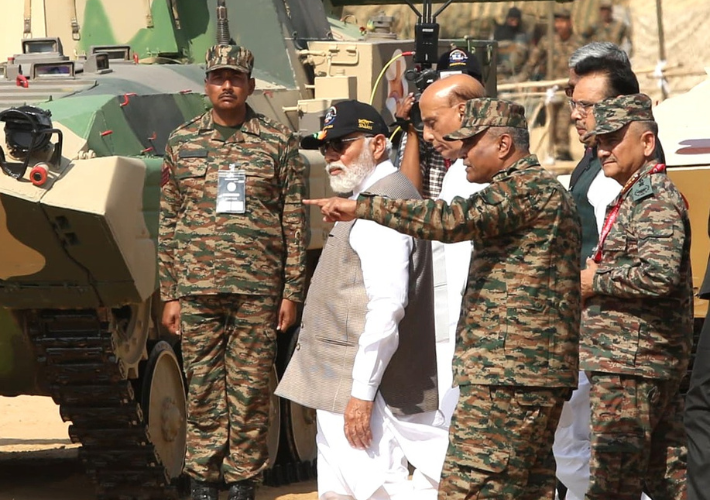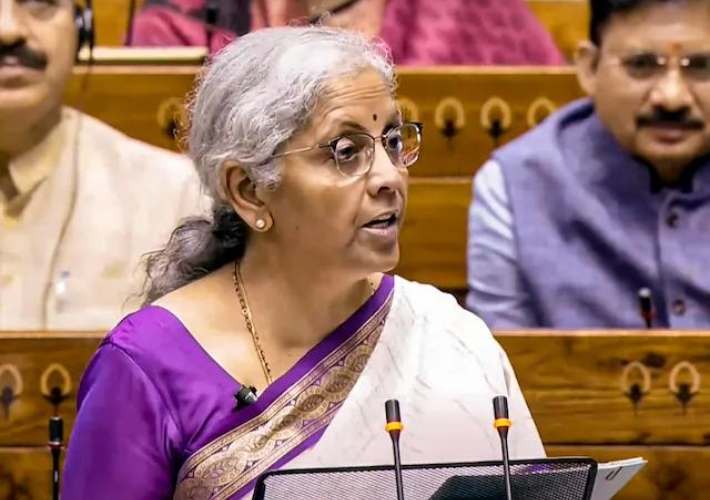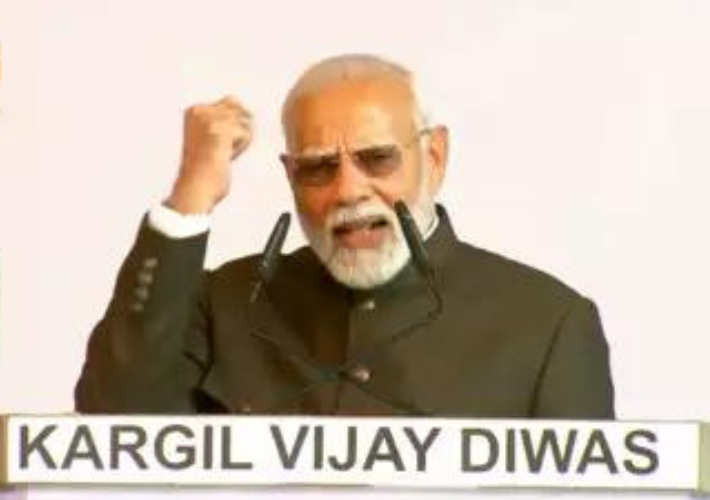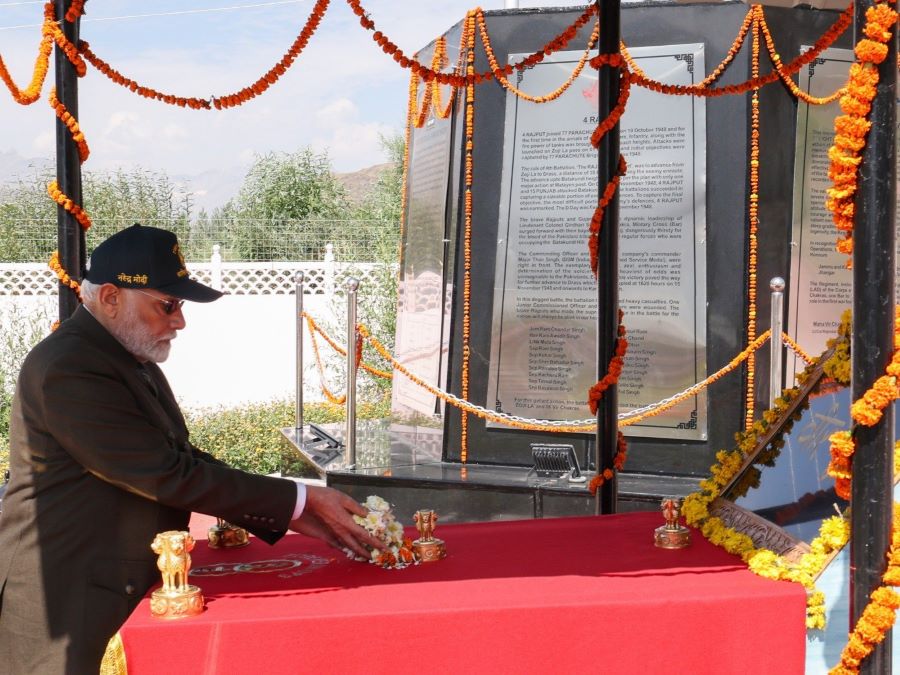In military circles, Clausewitz aphorism; “war is merely the continuation of policy by other means” is generally accepted as a truism. However, the situation is more contentious amongst politico-military hierarchy when accepting the basic premise of the Samuel Huntington model of civil-military relations. This premise states that military professionals have a monopoly on the appropriate application of violence to protect a country‟s interests, and that once policies (political objectives in war) are set, the military professionals should be left alone to achieve those objectives without meddling from civilian authorities. When juxtaposed, these two ideas — that war is continuation of policy but military officers should be given autonomy once the goals of a conflict are set — are seemingly contradictory. The recent standoff in Eastern Ladakh brought to fore this contradiction to the consternation of operational commanders where in sub sub tactical decision of opening fire became strategically important. One had read and written about the strategic junior leader and the sub-tactical general but this was epiphany of a new construct a sub- tactical politico-military decision maker. Indian Army tends to view military operations as a more apolitical undertaking than it should. The military should stop using the term and concept of “end state” at the strategic and operational levels. Conflicts don‟t end temporally, and looking at a very finite moment to define either the focus of the operation or its success is turning out to be short sighted. We should accept the fact that our efforts are only able to set the conditions for an environment that is more acceptable to the interests of India and cannot create a deterministic environment. In addition, it should understand that any problem addressed militarily will most likely not be completely solved but will require some sort of maintenance (either by the military or some other instrument of CNP) to ensure resources are not wasted. The theater commander‟s plan is the primary means through which the Indian Armed Forces achieve or protect national interests. The campaign plan details a range of steady state military activities (capability development, military engagement, deterrence, coercion etc.) that when coordinated with activities from the other.Read more…
LOOKING FOR CHIMERA: FAVOURABLE END STATE











